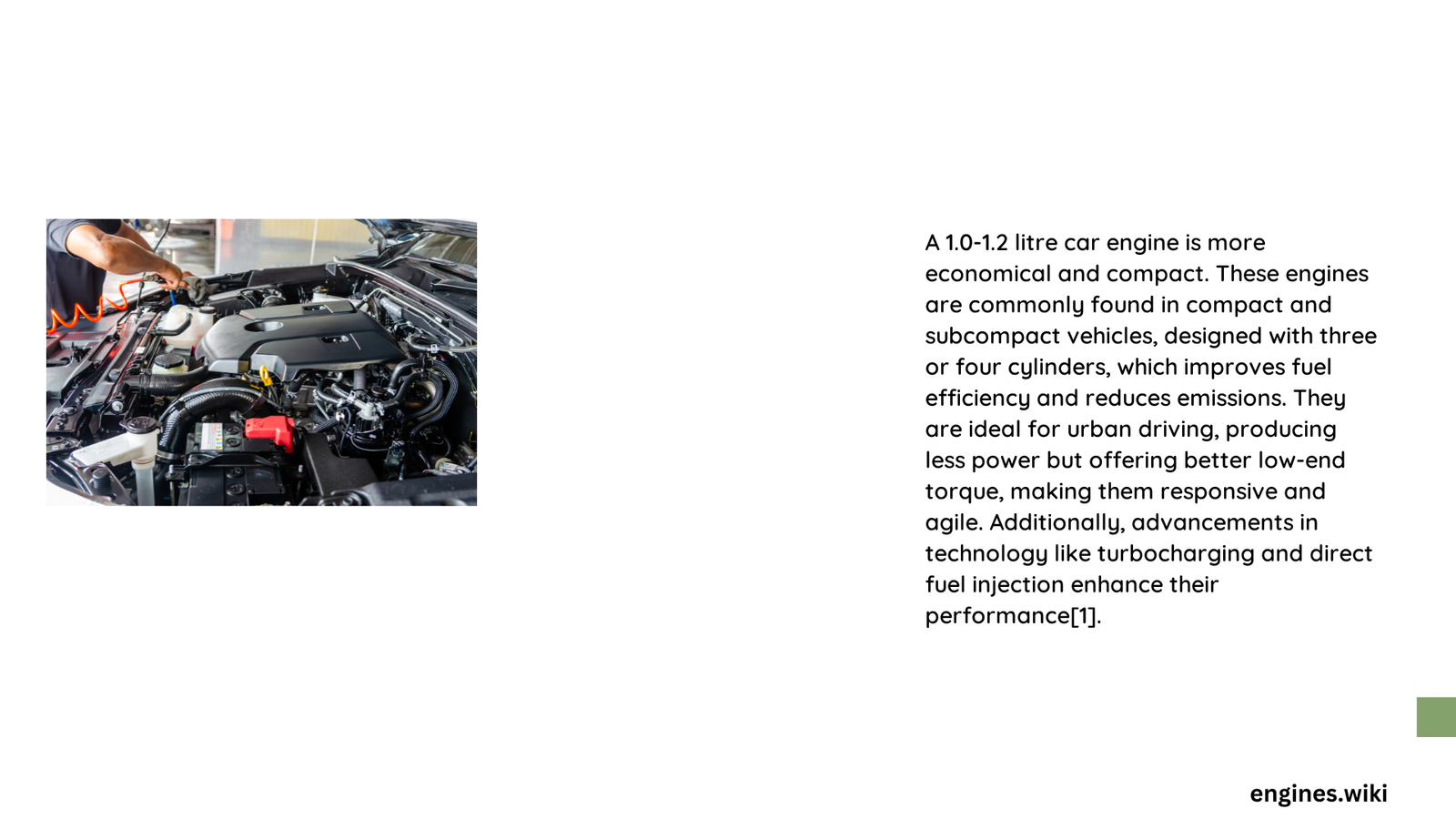Which Engine is More Economical and Compact: A Definitive Guide
In the rapidly evolving automotive landscape, determining the most economical and compact engine requires a nuanced analysis of technological advancements, fuel efficiency ratings, and performance metrics. Modern compact engines, particularly hybrid and plug-in hybrid variants, have revolutionized automotive efficiency by delivering exceptional mileage, reduced carbon footprints, and impressive power outputs while maintaining minimal physical dimensions.
What Makes an Engine Economical and Compact?
Economical and compact engines are characterized by several critical factors:
- Fuel Efficiency Metrics
- High miles per gallon (MPG) ratings
- Low emissions
- Minimal fuel consumption
-
Advanced energy conversion technologies
-
Physical Characteristics
- Reduced engine block size
- Lightweight construction
- Efficient power-to-weight ratio
- Minimal spatial requirements
Top Performers in Economical Compact Engines
| Engine Type | Fuel Economy | Power Output | Size |
|---|---|---|---|
| Toyota RAV4 Prime | 72 mpg-e | 302 HP | 2.5L |
| Hyundai Elantra Hybrid | 54 mpg | 195 HP | 1.6L |
| Toyota Prius | 57 mpg | 121 HP | 1.8L |
How Do Hybrid Engines Achieve Superior Efficiency?
Hybrid engines leverage multiple power sources to maximize efficiency:
- Electric Motor Integration: Reduces gasoline consumption
- Regenerative Braking: Captures energy during deceleration
- Advanced Battery Technologies: Enables extended electric-only driving ranges
- Intelligent Power Management Systems: Optimizes energy distribution
Comparative Analysis of Compact Engine Technologies
Toyota RAV4 Prime: The Efficiency Champion
- Fuel Economy: 72 mpg-e
- Total Power: 302 horsepower
- Electric Range: 42 miles
- Unique Features:
- Plug-in hybrid technology
- Rapid acceleration (0-60 mph in 5.8 seconds)
- Comprehensive warranty coverage
Hyundai Elantra Hybrid: Compact Efficiency
- Fuel Economy: 54 mpg
- Total Power: 195 horsepower
- Compact Design: Minimal engine footprint
- Cost-Effective: Lower maintenance requirements
Technological Innovations Driving Compact Engine Efficiency
- Turbocharging
- Increases power output
- Reduces engine size
-
Improves fuel efficiency
-
Electrification
- Reduces reliance on fossil fuels
- Enhances overall vehicle efficiency
- Minimizes environmental impact
Challenges in Compact Engine Development
- Weight Constraints
- Performance Limitations
- Complex Manufacturing Processes
- Battery Technology Restrictions
Future Outlook for Economical Compact Engines
The automotive industry continues pushing boundaries in:
– Improved battery technologies
– More efficient power management systems
– Reduced manufacturing costs
– Enhanced sustainable transportation solutions
Conclusion
While the Toyota RAV4 Prime emerges as the most economical and compact engine solution, individual requirements will determine the ideal choice. Consumers should consider personal driving patterns, budget, and specific performance needs when selecting an efficient compact engine.

